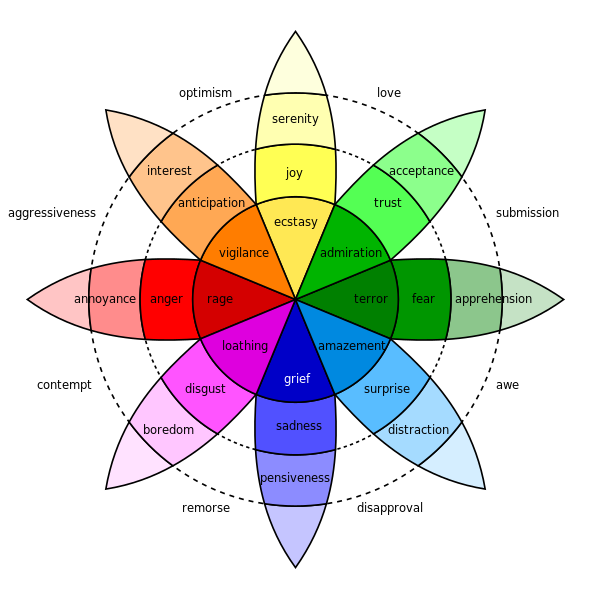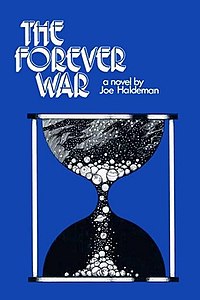Yay, the
Terribleminds flash fiction challenge is back! This week we took inspiration from a random photo on Flicr.
This is the one I picked. Here we go...
Winter’s Child
The day was so cold that breathing
felt like inhaling tiny needles, snot froze in your handkerchief, and smiling
hurt your teeth. Any sensible person would have given up on running that day,
but not me. No, I had decided to run 5k, and 5k I would run, even though I
couldn’t feel my legs by the second lap around the park. My iPod died after ten minutes, which didn’t
improve my temper any, but if I had been blaring my music, I’d never have heard
the child.
I didn’t recognize
the noise at first. A high giggle sparkled over the snow like champagne, as if
some snow-sprite had stepped out of a fairy story and decided to spy on me from
the barren branches of the old oak trees. I stopped, trying to place the sound.
There it was again. I followed it to the
soccer field, not yet frozen for ice-skating, and looked around. A large, green
dumpster stood on my right, rust flaking off it in long strips. I spotted
something red on the ground behind it. The snow creaked under my sneakers as my
footsteps marred its pristine perfection.
Cautiously, I
approached, creeped out against my better judgment. The park was deserted, the
blue twilight fast fading to darkness. I suppressed a shudder and told myself
to stop being silly. Someone might be in trouble, and who knew if anyone else
would come this way before morning? Time
to act like an adult, for once. I set my
jaw and strode on with a confidence I didn’t feel. As I came closer, I saw a
red blanket. On the blanket sat a child, its skin as white as the winter’s snow.
It looked like a two-year-old, maybe younger, and it wore only a woolen scarf
for a diaper. It giggled again.
“Hello? Anybody
here?” I called and looked around, but there was no answer.
How could it
have survived the cold? The outdoor thermometer had shown twenty-eight degrees
below zero when I left, and my fingers were numb even with two pairs of gloves
on. I’d need to get the child inside, maybe to a hospital. How long had it been
there? Who would leave a child in the snow like this? Of all the irresponsible…
I looked around, but no mother appeared.
I bit my lip, debating whether I should call the police or an ambulance,
but decided it would take too long. My house was only five minutes away, and my
first priority was getting the child somewhere warm.
“Hi there,” I
said, dropping to my haunches. “Where’s your mommy, then?”
The toddler
only smiled, its eyes glinting black under the streetlights. I wrapped it in
the blanket and lifted it up. The child felt surprisingly heavy, and its skin was
cold as marble.
“Upsy-daisy!
You’re coming home with auntie Ada, and then we’ll call the nice ladies at
social services, okay?”
The child looked
at me, its dark eyes full of mischief, and grabbed at my collar. At least it
wasn’t crying. I started jogging home.
#
After I had bundled
the kid in an old sweater, way too large, of course, I called the emergency
number. All the lines were busy. I scratched at a stain on the tabletop and
jiggled my leg furiously up and down, trying to stay still. Damn it, damn it,
damn it. I kept one eye on the child as I tried again. The kid pulled itself up
against the sofa and toddled over to the coffee table. It burbled as it grabbed
an orange from the bowl with wobbling hands. Relief dispersed the frantic,
panicked energy gathering in my limbs. The kid was playing and not crying, so maybe
it wouldn’t drop dead on me in the next few minutes. Redial. Still busy.
Suddenly the child took on a fierce look of concentration like only little
children can. Frost spread from its fingers, and, slowly, the orange froze. It
grew too heavy for the child to hold and fell to the floor with a thump, ice
crystals scattering all over. I dropped the phone.
“What . . . ”
The child took
a few steps, wobbled, and fell. I caught its arms by reflex. It clambered up,
using my knee as a support. My legs began to freeze, and I couldn’t move. The
child climbed into my lap and stood up, placing both hands on my shoulders.
Frostbite crawled over my chest and froze the air in my lungs. I couldn’t feel
my hands anymore. The child pressed its
cold nose to mine and giggled, revealing teeth sharp as icicles. My heart gave
a last, sluggish beat as my eyes froze through. The world turned into cool shades
of ice and frost.
I stood, my
limbs strong and smooth and cold, and held the child close. It felt warm
against my skin.
Together we
walked into the fierce midwinter’s night.
























